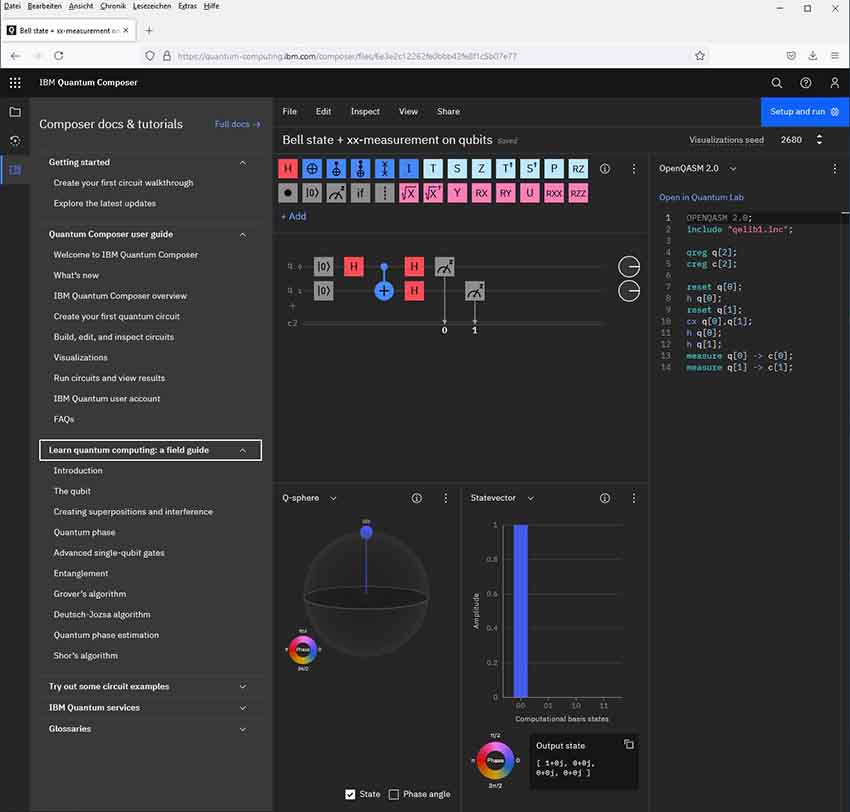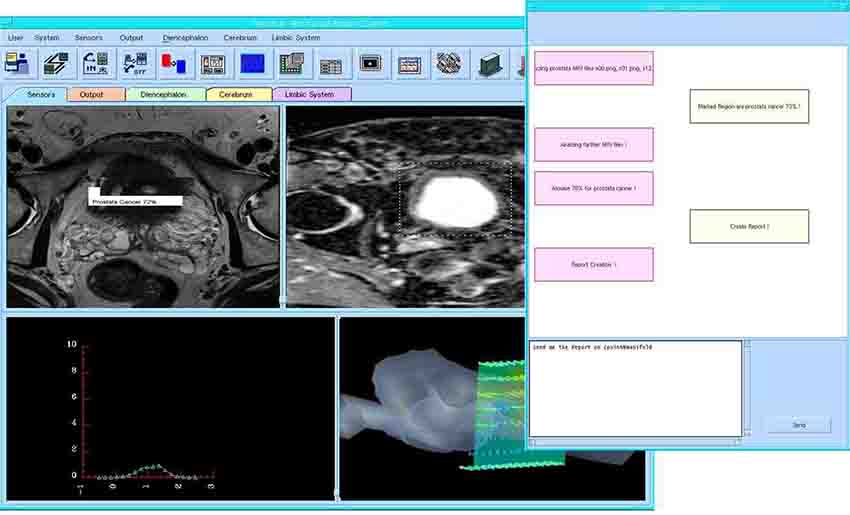Xephor Solutions is a fast-growing startup based in Vienna, Austria. The company’s mission is to create the most sophisticated Artificial General Intelligence in the world and to help their customers to become innovation leaders in their field.
Interview with Isabell Kunst, CEO of Xephor Solutions.
Easy Engineering: A brief description of the company and its activities.
Isabell Kunst: We are breaking monopolies and giving people back their self-determination. Why is that? Because AI is the least modern way to make technology. It is a monopoly, as if the Age of Enlightenment and the French Revolution had never existed, and it needs energy like a country of its own. That’s why we see it as our task to bring intelligence into AI. We offer the first and only 100% independent AI base technology in the world. Data, training, learned knowledge – everything remains and belongs to people and not to us. In order to be able to realize itself, all communication with the AI takes place in natural language. Neither programming skills nor AI know-how are required. This makes the system accessible to everyone.
E.E: What are the main areas of activity of the company?
I.K: Everyone is talking about AI, but what it still lacks is intelligence. It’s about the ability to think in a human way. Who hasn’t experienced this? There are employees who fulfill their tasks and employees who take the company forward by being creative and inspiring with new ideas. This is exactly the kind of AI we offer: We don’t talk and interact like a computer, but the computer acts like a human. The beauty of the whole thing is that our thinking AI is modeled on the human brain. In addition to the ability to think, it is also incredibly efficient and sustainable: It uses 99.998% less energy than all conventional AI technologies.

E.E: What’s the news about new products/services?
I.K: Data continues to accumulate, even though 98% of it remains unused. The use of quantum computers allows us to take this data into account and include it in analysis. Also, 1020higher data volume that can be processed at once. But quantum computers also have great effects in terms of performance: Tasks that used to take weeks are now completed in our one second thanks to 1030higher performance. For this reason, we not only use classical computers for our AI projects, but also quantum computers. Which area particularly appeals to us: Complex use cases where conventional AI technologies fail and thinking skills are required, large unstructured amounts of input data that need to be analyzed without prior data preparation and also the opposite: little training data. While conventional AI technologies need 10 million data points to provide accurate outputs, our artificial brain only needs 1,000.
E.E: What are the ranges of products/services?
I.K: We are offering a general purpose system which can be used for every applied AI Use Case. We are well tailored for:
- unusual complex and unique algorithmic or data problems
- organizations who need to own, train and control their entire systems
- different kind of data that can be combined without programming efforts by clients
- limited/unstructured input data

Because our algorithms are flexible and self-adaptive, we can often demonstrate the value and advantages of our system with only a small data set and an explanation of the desired system operation. This means that we are delivering an artificial brain to our customers who fill it with their knowledge. This is done in natural language. The system is answering in natural language too via a communicator.
E.E: What is the state of the market where you are currently active?
I.K: There are already several companies working on AGI and many theoretical papers on the subject. But there is currently no productive and running solution – apart from ours. However, the market has great potential for the future: The Artificial General Intelligence (AGI) Market was valued at USD 2.15 Billion in 2022 and is expected to be worth USD 27.47 Billion by 2030, increasing at a 37.5 % CAGR between 2023 and 2030. there is a surging demand for AGI across various industries, driven by the need for advanced automation and intelligent systems. The increasing demand for Cognitive Services, which encompass advanced AI capabilities like natural language processing and computer vision, is expected to be a significant driver of AGI market growth. These services enable machines to understand and interpret human-like interactions, opening up new possibilities for AGI applications.

E.E: What can you tell us about market trends?
I.K: There are currently many use cases that are done using AI. It is mainly simple tasks that are automated. At the same time, there are countless other use cases that could be solved using AI. But: it doesn’t work with conventional technologies. This fails because of the thinking barrier: conventional technologies can learn and form laws according to which they work, but they cannot think or be creative. We recognized this challenge years ago and for this very reason decided to invent a completely new technology from scratch that is diametrically different. This has paid off, allowing us to solve use cases that are currently considered unsolvable, such as recognizing natural language from context purely cognitively, making more precise predictions using different data sources, acting completely autonomously in 3D spaces and coordinating robots with each other without human intervention. The longer AI will be on the market, the more solutions will be needed that can also handle complex use cases. After all, we are only at the beginning of the AI revolution – there is much more to come!
E.E: What are the most innovative products/services marketed?
I.K: In addition to practical side effects such as 99% less energy, 99% less input data required, no structuring necessary and complete interaction in natural language, the biggest innovation is the system’s ability to think. The artificial brain can be taught almost anything. It then responds like a human being, generates new ideas like a human being and can react adequately to untrained content on its own. People who are about to retire, for example, can use these solutions to preserve their knowledge. In this way, knowledge is preserved and remains accessible. This entire process takes place not only on classic computers, but also on quantum computers.

E.E: What estimations do you have for the beginning of 2024?
I.K: Speaking of quantum computers: They are the trend for 2024. They are getting stronger and stronger, can do more and more and almost nobody knows about them. Quantum computing poses a real threat to existing blockchains and even global economy. For example, 200+ bn USD in Bitcoin can be stolen in one single cyber-attack. And if the performance of these computers continues to increase so rapidly over the next few years, we will soon experience a major upheaval. That is why offering AI applications on quantum computers is naturally a top priority. We are currently working with the first innovative customers who are utilizing the advantages of quantum computers: 1020higher data volume that can be processed at once and 1030faster than classical computers.

